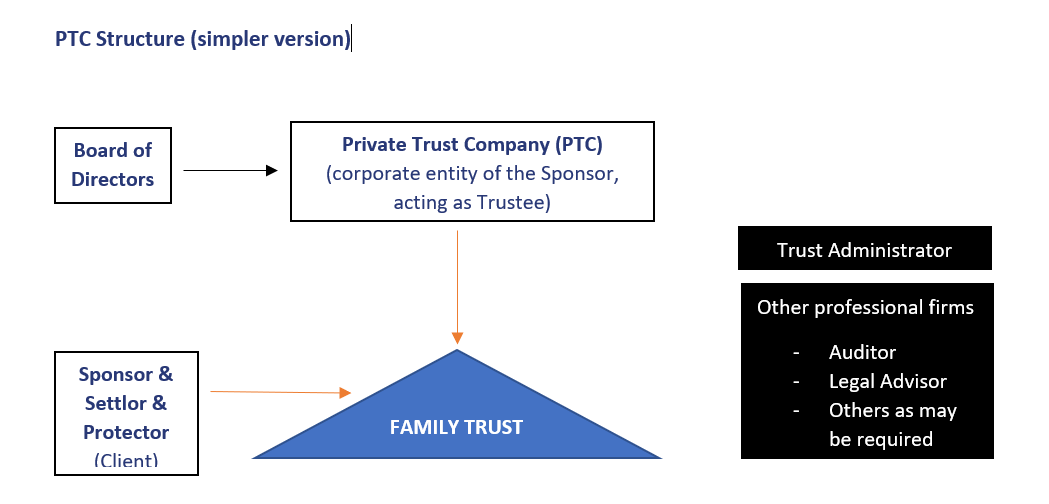Natarajan & Swaminathan delivers quick, honest and efficient audit and advisory services
The firm leverages seven decades of expertise and a tech-driven approach to support Indian conglomerates eyeing Singapore’s market
Country Business Reports interviews and articles by Discovery Reports
Indian conglomerates and subsidiary firms in the software, financial, wealth and asset management sectors looking to establish a foothold in Singapore can rely on chartered accountants firm Natarajan & Swaminathan. Servicing the highest number of Indian companies in the Lion City, including Mustafa and the Modi Group of Companies, Natarajan & Swaminathan boasts seven decades of experience in the fields of advisory, assurance, financial due diligence, risk management, dispute resolution, tax and liquidation services. Today, the firm also works with associate and affiliate companies to provide business consulting, global tax advisory, back office processing, human resource, incorporation and immigration-related services.
“We get clients mostly through references,” said Rangarajan Narayanamohan, managing partner. “Our existing clients go back and recommend new clients to us. In our industry, time is of the essence, so we provide fast services, and we constantly update our offerings to deliver complete and satisfactory assistance to clients.”
Natarajan & Swaminathan seeks to bolster its connections with similar advisory firms worldwide that wish to penetrate the Singapore market. The firm welcomes more affiliate partners in Hong Kong, Malaysia, Dubai and Britain who are in need of professional or business consultancy services, and who can provide references.
“We never think of anyone as our competitor,” Narayanamohan said. “We just focus on whatever job we get and execute it on time and professionally. Whether the client is big or small, we are responsible and accountable to deliver the client’s requirements quickly and efficiently.”





 (The central business district (CBD) of Singapore. Photographer: Lauryn Ishak/Bloomberg)
(The central business district (CBD) of Singapore. Photographer: Lauryn Ishak/Bloomberg)